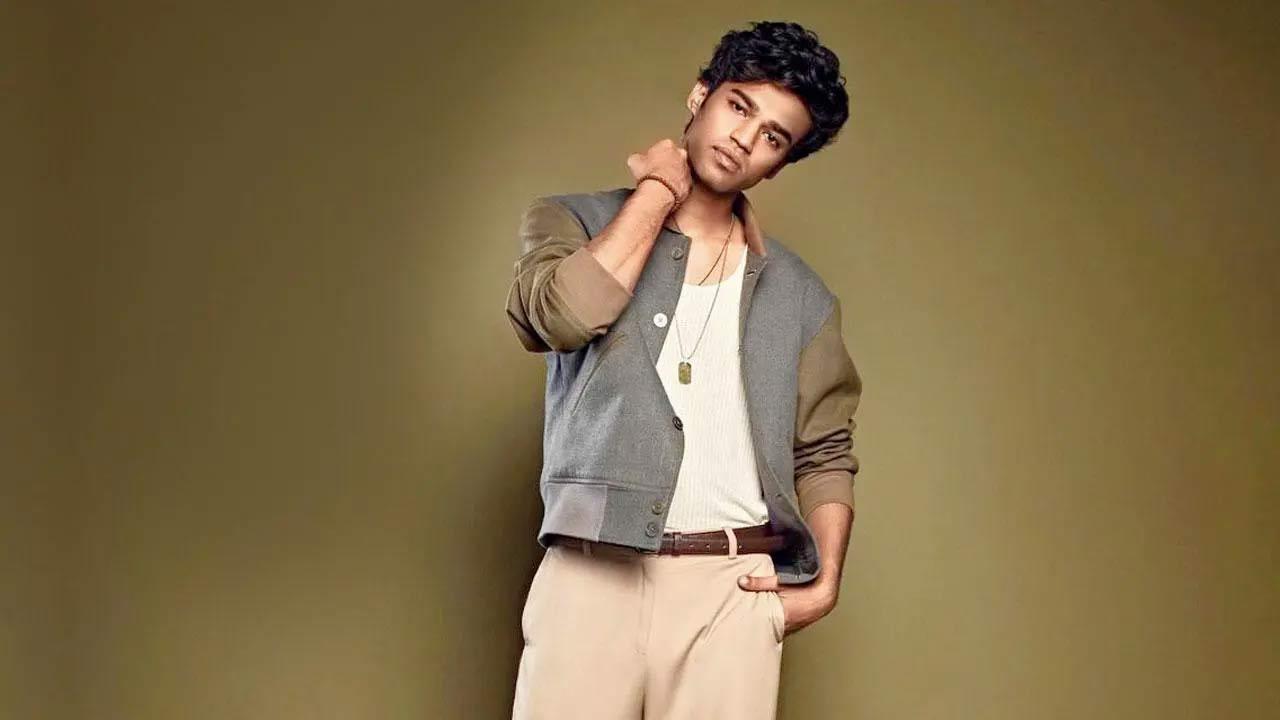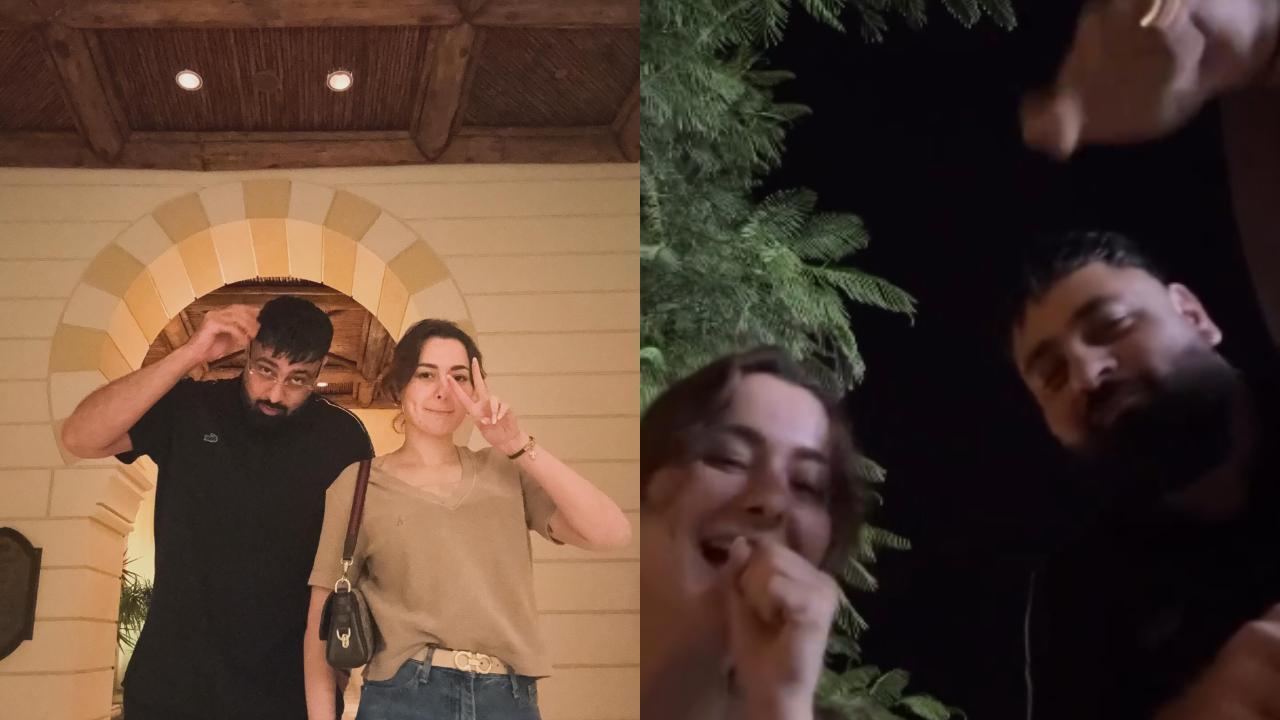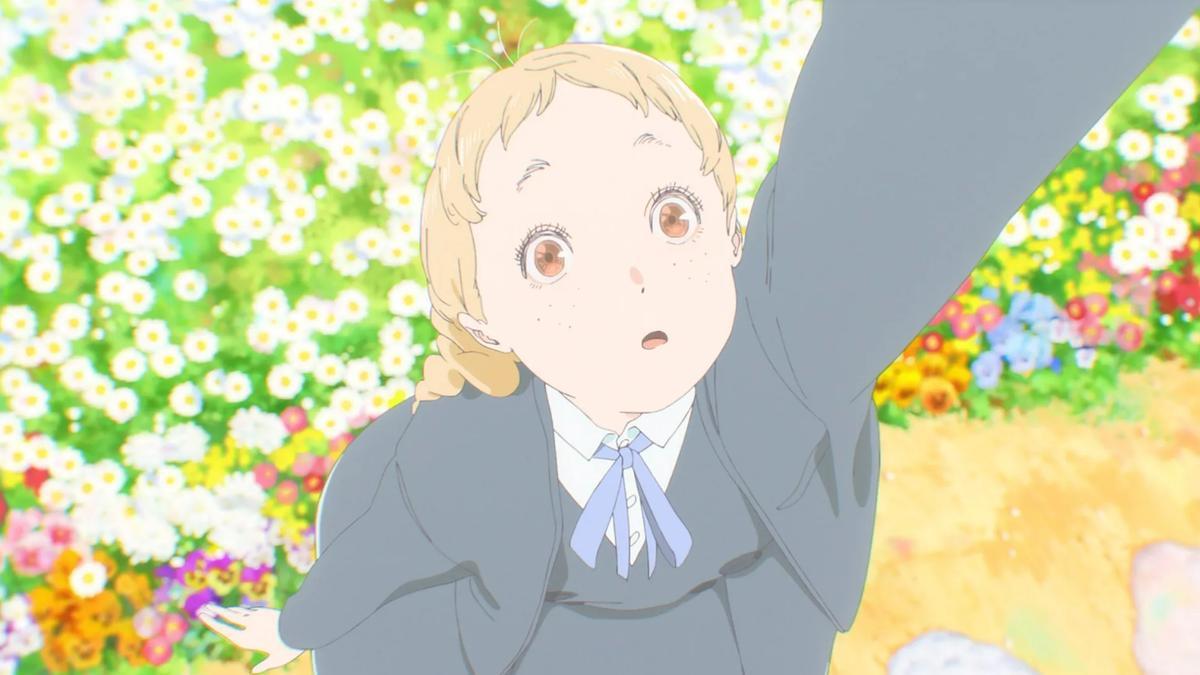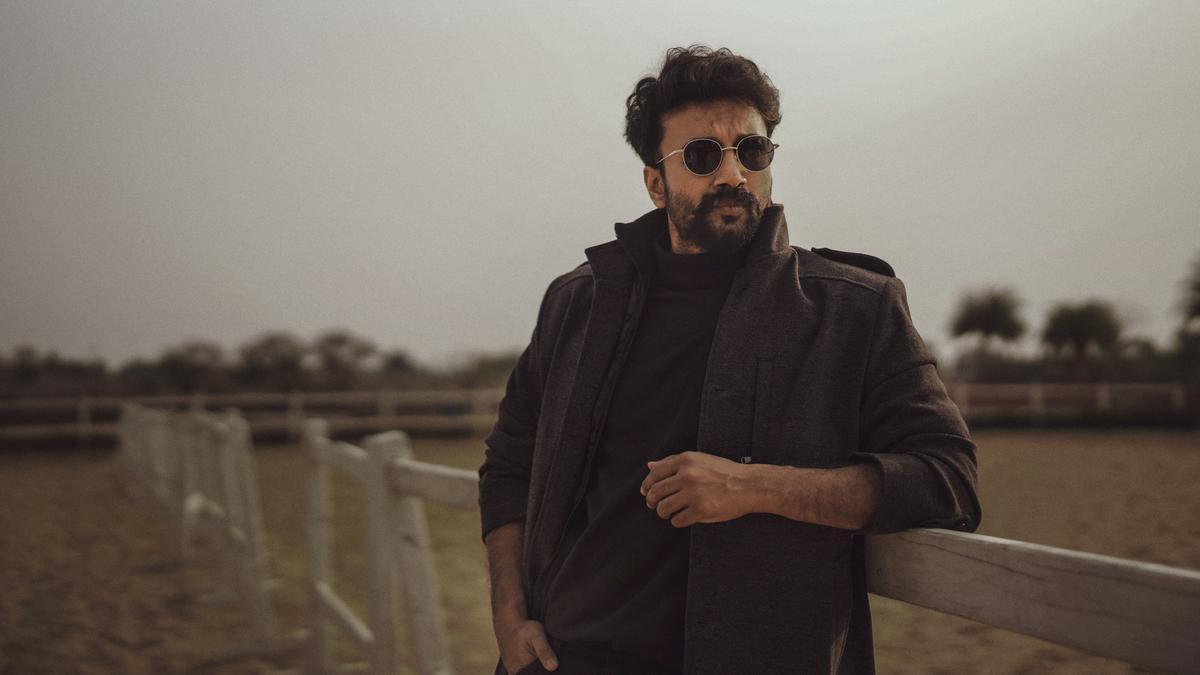
In the bustling arena of Bollywood, akin to the unpredictable whirls of a wedding celebration, Zoya Akhtar and Reema Kagti have orchestrated narratives as masterful storytellers and producers, reflecting life’s variegated tapestry with consummate skill. The acclaimed series, “Made in Heaven,” which has unfurled its second season on Prime Video, is just a hint of the creative partnership spanning over two decades between the duo. The show encapsulates lives intertwined in the complexity of wedding planning, much like the convoluted world of filmmaking itself.
Dialogue and discussion are central to crafting the art of Kagti and Akhtar, a sentiment shared by the pair during Sit with Hitlist’s latest edition with Mayank Shekhar, the entertainment editor at mid-day. The strikingly opulent and pulsating edifice of “Made in Heaven” could be seen as an artistic mirror, reflecting its creators’ lives; however, Akhtar asserts that the resemblance stays confined to their professional alliance, despite Reema conceding an overlap in their deep-rooted companionship.
Kagti, the lesser-known part of the narrative-building core, hails from Assam, where she earlier sowed the seeds of her Bollywood dreams. She moved to Bombay, chasing cinematic passions that led to her first rendezvous with Akhtar during auditions for “Bombay Boys.” A shared love for films fuelled a collaborative bond that transcended the traditional Bollywood pathways of the ’90s, characterized by a commitment to a single mentor. Instead, they sought a polyvalent apprenticeship and plotted their unique rendezvous with destiny.
In their journey, Kagti and Akhtar have pierced through the industry’s glittering veneer, asserting as scribes of their fate, first with short films and then on to larger tapes. “Talaash” marked their synchronized flight in scriptwriting, followed by the critically lauded “Zindagi Na Milegi Dobara,” which crystallized their cinematic vision.
Their collaboration thrives amidst bubbling creative friction—a symphony of clashing ideas and mutual respect. Each story that emerges is a testament to their rigorous work ethic, which permits no serendipity but instead thrives on relentless pursuit, argument, and disciplined storytelling. Through meticulous deconstruction and reassembly, the team synergizes, ensuring that the director’s vision eventually guides the narrative path.
Kagti and Akhtar’s partnership may be reminiscent of Bollywood’s fabled Salim-Javed, the latter being Akhtar’s acclaimed father. Their architectural approach to scriptwriting dressed the scaffoldings of films with lyrical dialogue and woven plots. Yet Kagti and Akhtar modestly sidestep direct comparison, focusing on their tailored strengths and unique chemistry that allows them to bloom within Bollywood’s contemporary narrative.
Kagti’s knack for structure complements Akhtar’s fluidity with dialogue and character development, leading to a harmonious balance that radiates through their works. This distillation of roles between page-turning structure and ornate character portrayal continues to finesse each script, with inputs from trusted family members like Farhan Akhtar and Javed Akhtar contributing to the nuanced translations for the Hindi screen.
The academic solace of scriptwriting is broken by vibrant brainstorming sessions, where personal anecdotes coalesce into fictional realms. When Akhtar and Kagti’s personal influences surface, be it through the audacious Safeena from “Gully Boy” or the insinuating Bagwati from “Zindagi Na Milegi Dobara,” viewers witness a stitching of real-life tapestries onto the cinematic canvas.
With successes notched on both the directorial and scripting frontier, Kagti and Akhtar have also ascended to producers, founding the film company Tiger Baby. The name symbolizes a fierceness and femininity reflective of their storytelling ethos. As producers, they partake in distinctive roles, with Kagti shepherding scripts and budgeting realms, while Akhtar manages actor engagements and social media narratives.
Looking across the spectrum of their burgeoning oeuvre, one discerns a pattern of contrasting worlds, from the glitz of New Delhi’s matrimonial soirees in “Made in Heaven” to the tense, desert-hued thrills of “Dahaad.” The storytelling duo defies boundaries, dipping their quills into diverse genres and emotional landscapes.
Kagti and Akhtar, as they pave the way for a new era in Bollywood, balance on the precipice of the familiar and the explorative, pooling together a wealth of experiences into their craft. Each screenplay, though solitary in conception, births a coalescence of minds, experiences, and imaginary landscapes that shape the narratives Bollywood fans have come to cherish and anticipate.
As viewers wait for the next wave of stories from these cinemaspheric alchemists—a documentary on Salim-Javed among them—one thing remains crystal clear: whether capturing the banter of close friends or the fervent rush of emotions in tumultuous relationships, Kagti and Akhtar unfailingly capture the quintessence of life’s rich pageant on celluloid, one frame at a time.










